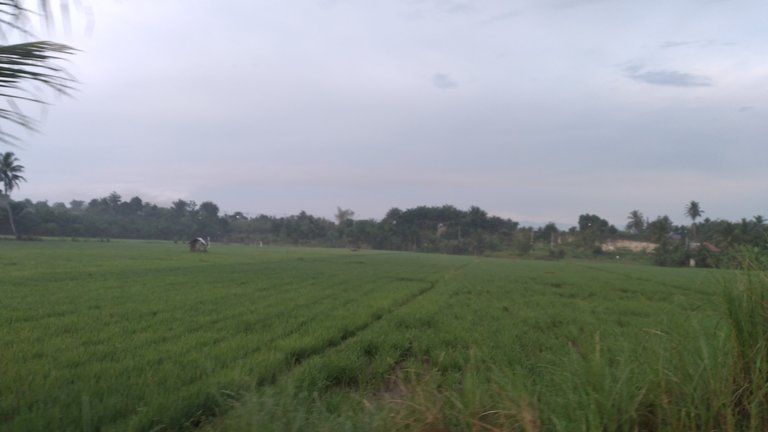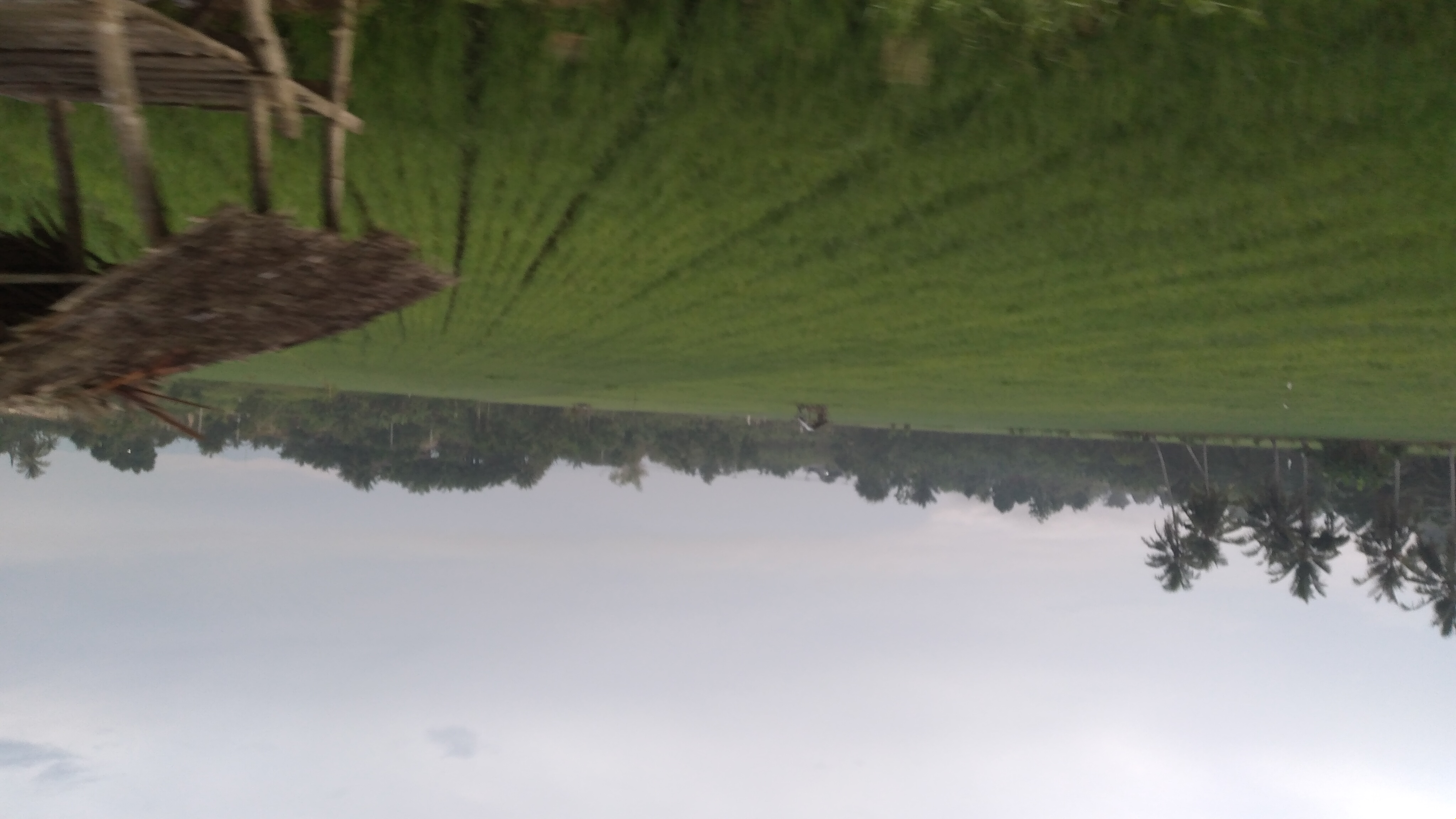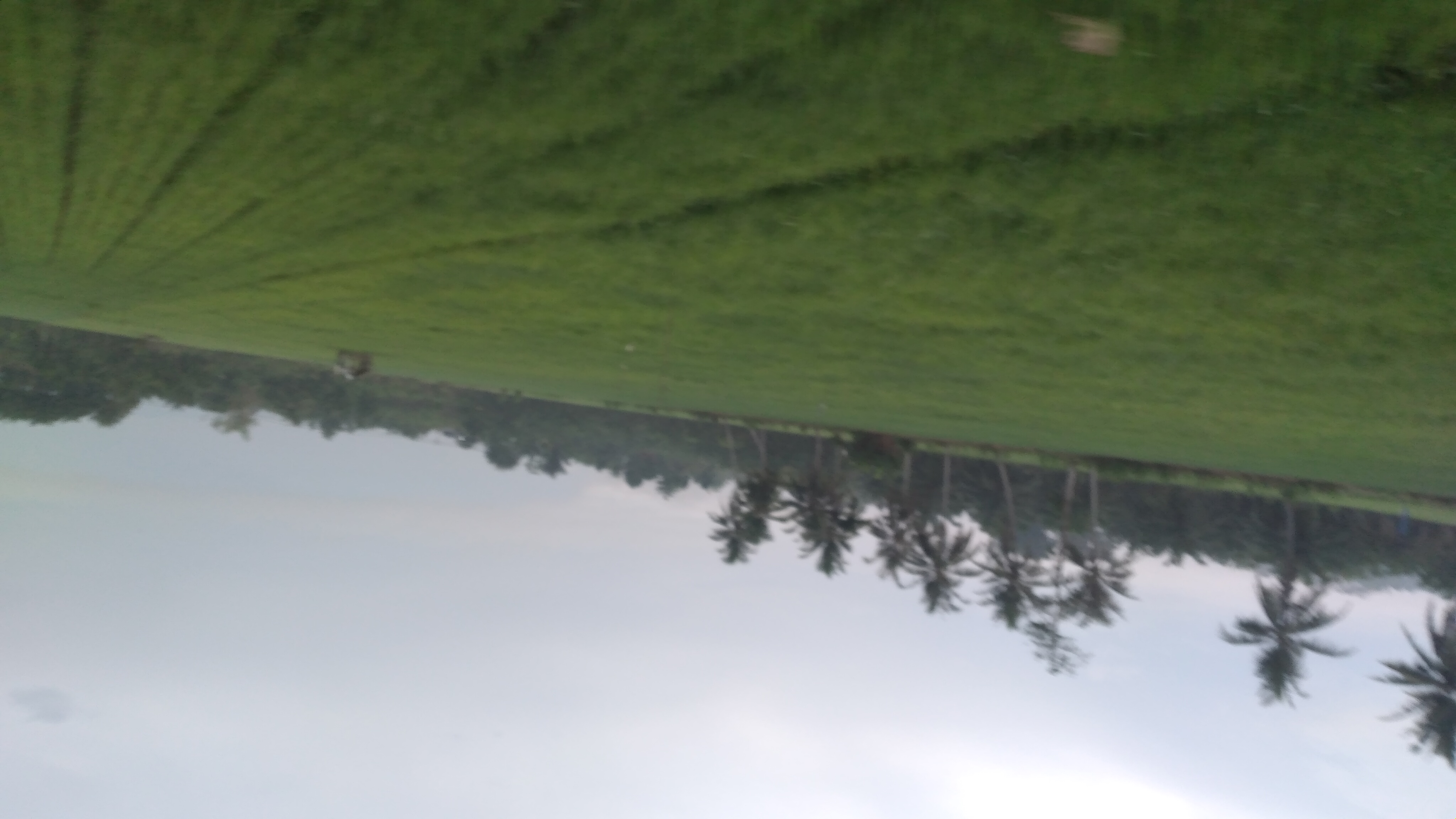
"I'm happy that you can send your child to college, but if possible, please don't sell the rice fields for the money," was my grandmother's message to my mother at that time. This statement came out only a few days after my grandmother found out that I had been accepted to college. At first, I thought that my grandmother was too It would be a shame if one of the rice fields had to be lost to pay for the college costs of grandchildren like me.
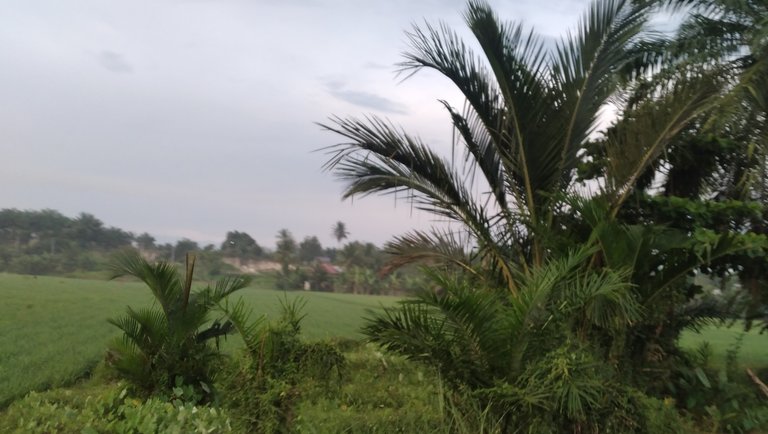
In fact, in that year, my tuition fees were cheap, the total until graduation was less than 40 million. A neighbor whose child entered his favorite high school even had to pay double the tuition fee for my college. It's so cheap, some people think the university I'm going to study at is a fake campus.

I ended up studying in the city and got the money without having to sell the rice fields. As time went by, I had to revise my suspicions about my grandmother that her request not to sell the rice fields was not based on stinginess. At that time, my grandmother had a total of 10,000 meters of rice fields in several locations.
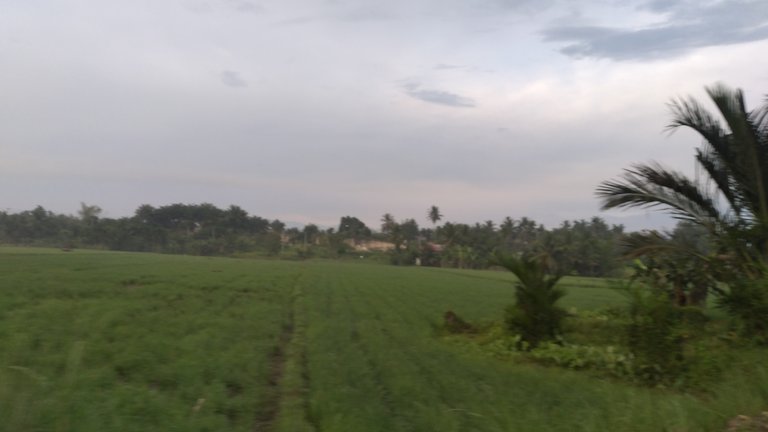
By today's standards, that number is certainly large. For example, the price per meter is set at 200 thousand rupiah, then grandmother has assets worth 2 billion rupiah. A fantastic figure and more than enough to even enroll in a military academy, for example. However, in fact, for village people like grandmother, rice fields are not just stretches of land with various plants. Rice fields, for village people, are bigger than all that.

Mother opened a story about her childhood. It is said that my grandmother and late grandfather had a wider rice field than today. However, to get it does not go through the current concept of capital accumulation. There are no stories of grandparents saving money and buying a rice field and it became bigger and bigger over time. It all starts from a legacy passed down from generation to generation. The figure of 10,000 meters is the accumulated inheritance of grandfather and grandmother.
It sounds trivial and might be said "oh it turns out it's a legacy" by young people from Indonesia. However, it is on this inheritance that grandparents truly depend on their future family life, even across generations. Are all these processes carried out as sweetly as modern people's dreams of becoming full-time farmers in old age? No.
Mother still said that grandfather was still looking for additional income by becoming a sharecropper in other people's rice fields. Meanwhile, grandmother also helps supplement her income by trading in the market at certain times. From all these efforts, their family survived and was able to build their own house in the 50s.
